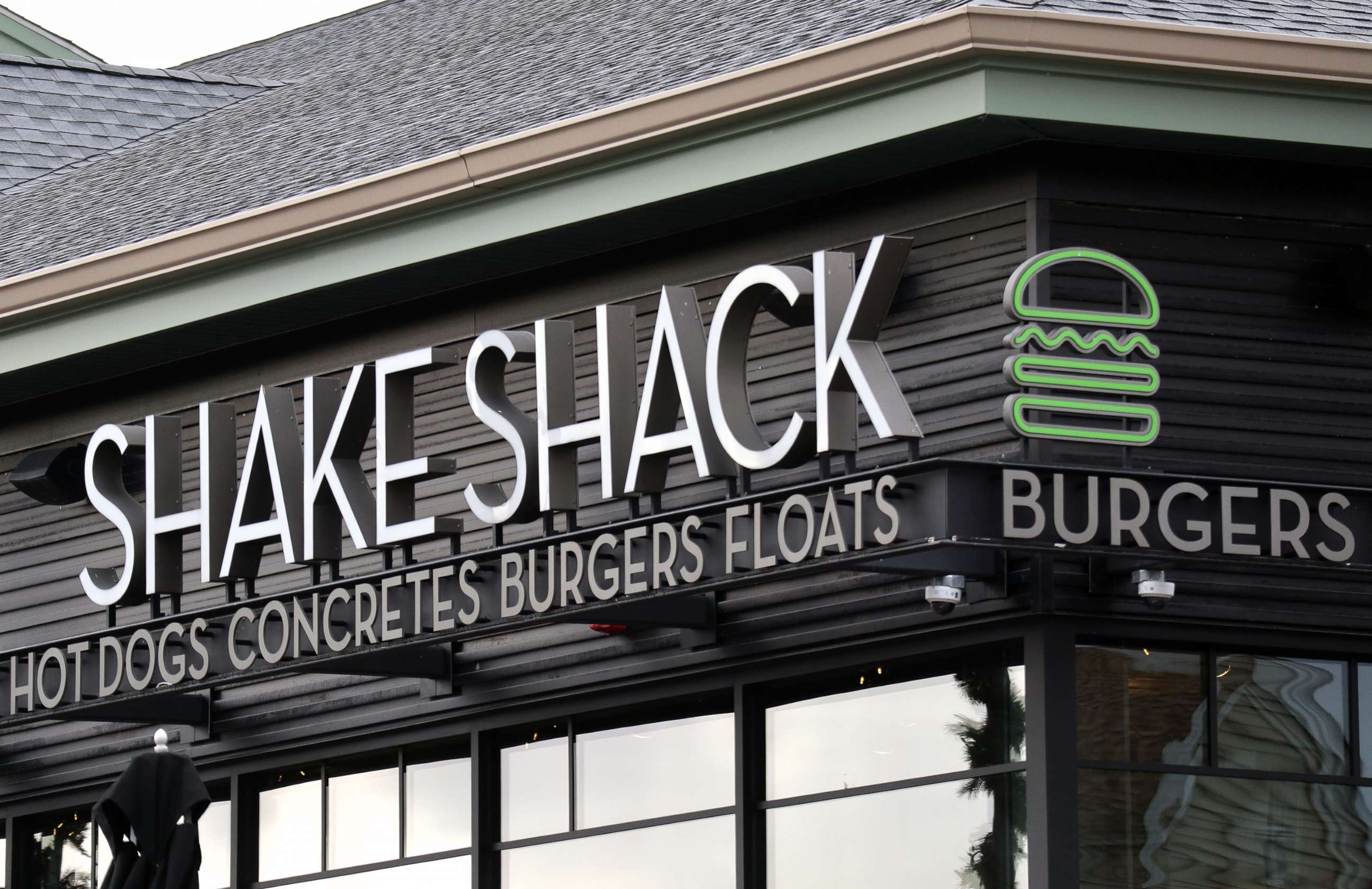Coronavirus economic updates: Crude oil prices plummet to below $1 a barrel
Here is the latest on the COVID-19-induced financial crisis.
The coronavirus pandemic has quickly evolved from a health care crisis to a financial one, shuttering businesses, upending industries and sending financial markets reeling.
Here's the latest news on how the COVID-19 crisis is affecting the economy. For more on financial resources available during the pandemic, click here.
Here's how the day is unfolding. Please refresh for updates.
Financial markets fall as oil prices plummet
U.S. financial markets slipped Monday as U.S. crude oil prices plummeted.
The Dow Jones Industrial Average fell nearly 600 points, or 2.4%.
The S&P 500 was down 1.8% and the Nasdaq slipped 1%.
The worst performers Monday were Boeing, which shed nearly 7%, and Dow Inc., which lost more than 5%.
Energy giants Exxon Mobil and Chevron also lost approximately 4%.
Meanwhile, futures on West Texas Intermediate (WTI) traded in the negative for the first time in history.
United Airlines lost more than $2 billion of revenue in the first quarter of 2020
United Airlines, the first to disclose preliminary information on how the pandemic has impacted its financial results, said it lost $2.1 billion on a pretax basis in the first quarter of 2020.
The airline said in an SEC filing that it earned $8 billion in revenue in the first quarter, down 17% from the first quarter of 2019.
It also disclosed that it will receive a $3.5 billion direct grant and $1.5 billion in a low interest loan from the Treasury Department.
United has already cut its schedules by around 90%. In the first two weeks of April, it experienced a 97% drop in people flying compared to the same time last year.
Crude oil prices plummets to less than $0 a barrel
Prices for West Texas Intermediate, the American benchmark of crude oil, plummeted into the negatives, or less than $0 a barrel, the lowest on record.
WTI Crude oil futures saw their biggest single day drop amid the historic sell-off, plunging into the negatives by more than $25 a barrel.
Some are attributing the drop to the sharp decline in demand for oil amid the pandemic with businesses closed and travel curtailed.
In addition, there is an excess supply and lack of places to store the oil.
Treasury says economic impact paper checks are being sent out
The Treasury Department has confirmed Monday that economic impact paper checks from the massive coronavirus stimulus relief package have already started going out and are in the mail.
Department officials are walking back Treasury Secretary Steven Mnuchin’s comments at a White House gaggle with reporters where he said they would start going out "next week."
"There is no delay whatsoever. We encourage people to go to IRS.gov/coronavirus/get-my-payment to sign up for direct deposit to get their payment fast," a Treasury Department spokesman said in a statement. "To the extent that paper checks are needed, millions of them are on the way, hitting mailboxes over the next few days if they haven’t begun to arrive already."
The Treasury Department said that some 80 million Americans have already received their stimulus checks via direct deposit.
Approximately 70 million Americans are expected to receive paper stimulus checks that will bear President Donald Trump's name.
Shake Shack to return $10 million government loan
Executives at the popular burger chain Shake Shack announced Monday they were returning the $10 million in government loans the company had received through the Paycheck Protection Program.
They also defended themselves against critics who slammed the company for accepting federal stimulus money that was touted for small businesses, and called on lawmakers to do more to help the hard-hit restaurant industry amid the pandemic.
"The 'PPP' came with no user manual and it was extremely confusing," Danny Meyer, the CEO of parent company Union Square Hospitality Group, and Randy Garutti, the CEO of Shake Shack, said in a joint statement.
Shake Shack and Union Square Hospitality Group (USHG) thought "the best chance of keeping our teams working, off the unemployment line and hiring back our furloughed and laid off employees, would be to apply now and hope things would be clarified in time," they said.
Shake Shack's operating losses have totaled over $1.5 million per week and USHG was forced to lay off more than 2,000 employees.
"If this act were written for small businesses, how is it possible that so many independent restaurants whose employees needed just as much help were unable to receive funding?" Meyer and Garutti said. "We now know that the first phase of the PPP was underfunded, and many who need it most, haven’t gotten any assistance."

Shake Shack, however, was fortunate to "be able to access the additional capital we needed to ensure our long term stability through an equity transaction in the public markets" and the $10 million PPP loan will be returned "so that those restaurants who need it most can get it now," they said.
"We urge Congress to ensure that all restaurants no matter their size have equal ability to get back on their feet and hire back their teams," Meyer and Garutti continued.
Moreover, they called on lawmakers to fund the PPP program "adequately."
"It’s inexcusable to leave restaurants out because no one told them to get in line by the time the funding dried up. That unfairly pits restaurants against restaurants," they said. "This industry rises and falls together. And if there is a concern that once again the government will have not allocated adequate funding, then send business to the front of the PPP line which has more limited access to outside funding."
ABC News' Matthew Vann, Rebecca Jarvis and Mina Kaji contributed to this report.




